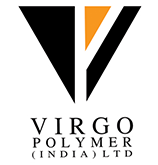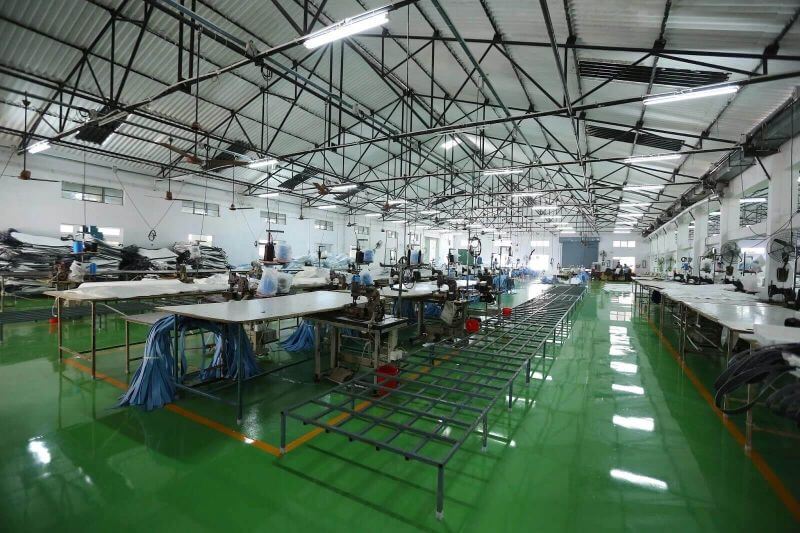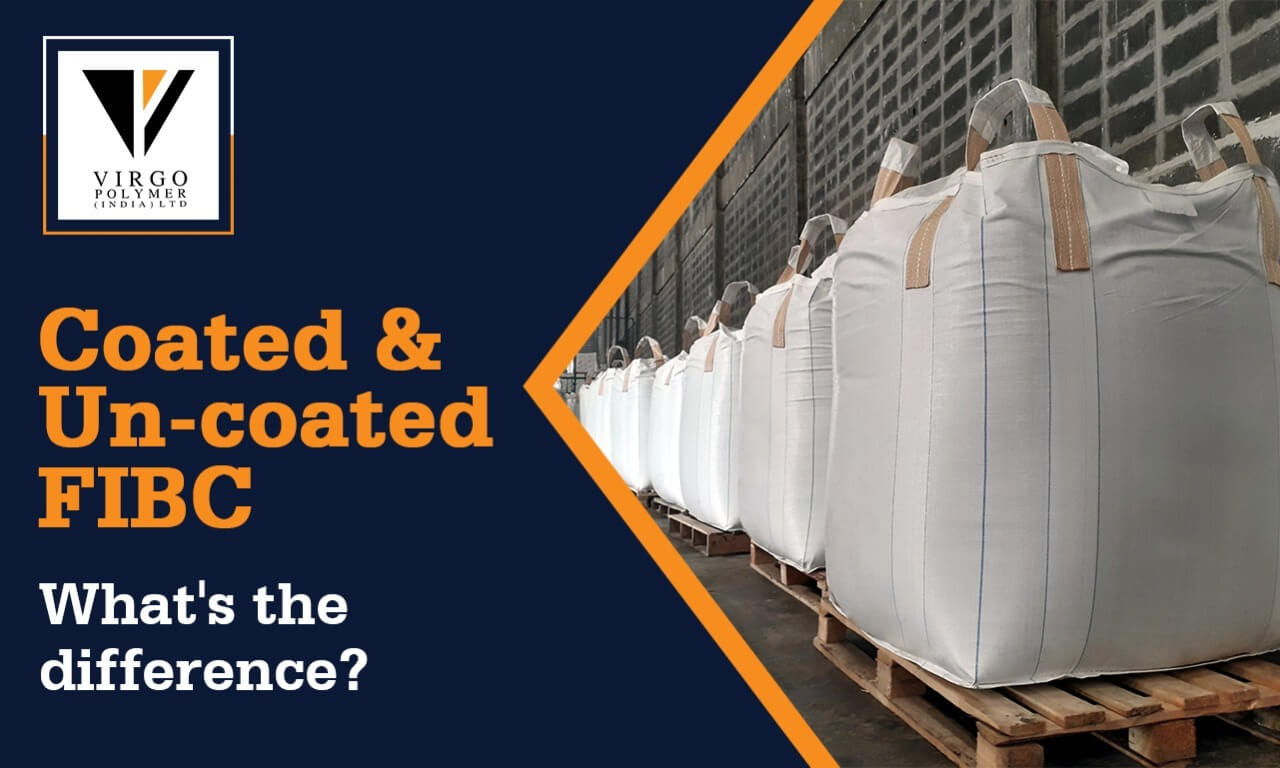



The packaging and transportation industry is always on the lookout for packaging options that would be highly efficient and cost-effective simultaneously. This is the key reason behind the popularity of FIBC bags. There are different categories of bulk bags or FIBC bags that are suitable for specific categories of products.
But it often becomes difficult to ascertain which type of bulk bag will be appropriately suitable for a particular type of product. Sometimes it becomes even more difficult to understand if Coated FIBC is better for a particular packaging requirement or uncoated FIBC.
Let us focus specifically on coated and uncoated FIBC bags in this article and understand how their applications are different from each other.
• Understanding coated FIBC bags, uses and their applications
What are coated FIBC bags
Coated FIBC bags are the type of bulk bags that come with a special coating. This is an additional coating that is made from polypropylene and comes in the form of a thin film. This film is either sewn inside the bag or outside it. The characteristic feature of this film is that it is not breathable and does not allow the circulation of air or seepage of water through it.
What are their unique featuresSince this coated film decreases breathability, it makes the bulk bag airtight and waterproof. As a result, the goods kept inside the coated FIBC bags remain immune against water and moisture damage. They also remain immune against air contact. So, they never get contaminated, and there is no chemical or physical change in them. Hence, the quality of goods packed inside these coated FIBC bags also remains as it is
Where are they used?Since the construction of these polypropylene bags is such that they seal the tiny holes in the bulk bags, so goods that are free-flowing, powdery and can slip from these holes are kept in coated FIBC bags. So, goods such as sand, salt, sugar, powdered chemical, flour, etc. are generally stored in these bags.
• Understanding uncoated FIBC bags, uses and their applications
What are uncoated FIBC bags
Uncoated FIBC bags are the ones that do not have the additional layer of laminated polypropelene film that is fused over the woven polypropylene strands of FIBC bags. This absence of the coated additional layer makes these bulk bags make them breathable because the gaps in the woven warps and wefts allow passage of air. Their typical construction also allows water seepage.
Where are they used?
Since the surface of uncoated FIBC bags has numerous tiny holes in the network of their yarns, they are perfectly suitable for goods that are not free-flowing and remain better if proper air circulation is encouraged. Therefore, it can be concluded that these bags are ideal for perishable products which can get decayed in absence of circulation of fresh air. However, as they are prone to dampness so they are not suitable for goods that can get damaged due to moisture.
Where are they used?
These bags are usually used for packing and transportation of fresh food items, nuts, seeds as well as non-food items such as gravels, grits, tiles, etc.
